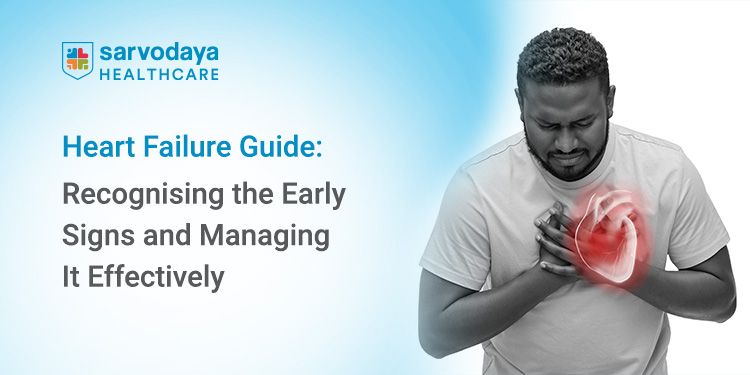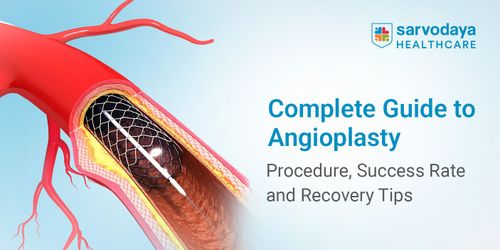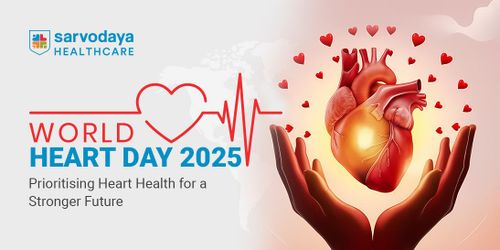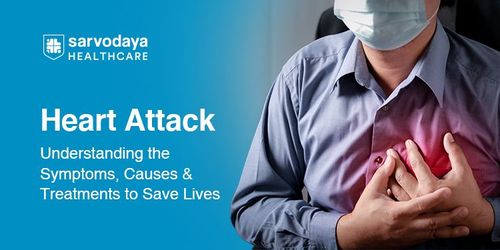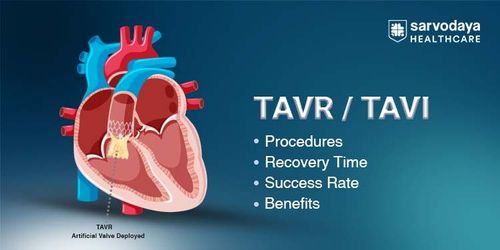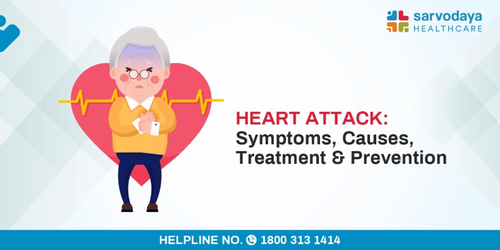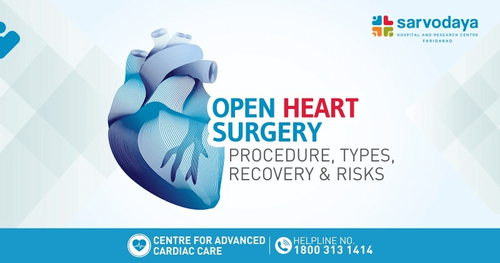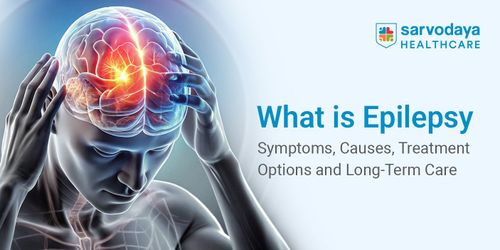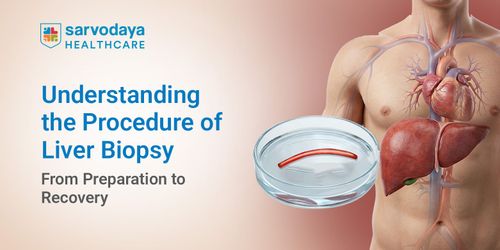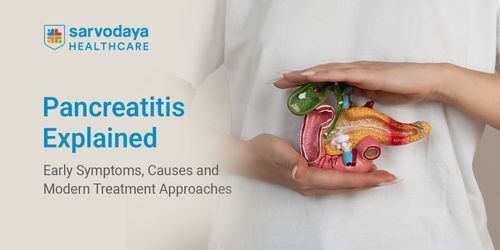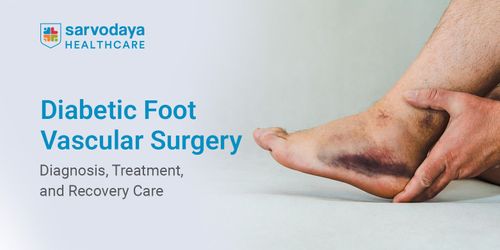Heart failure is a serious and chronic condition that occurs when the heart is unable to pump blood effectively to meet the body’s needs. With changing lifestyles, increasing stress levels and rising rates of hypertension and diabetes, the incidence of heart failure is steadily climbing.
In this blog, we will take a closer look at the symptoms of congestive heart failure, delve into the common heart failure causes, explore available heart failure treatments, and share actionable tips to manage this condition more effectively.
Understanding Heart Failure
Heart failure is a long-term condition in which the heart muscle becomes too weak or stiff to function properly. It does not mean the heart has stopped working entirely, but rather that it cannot pump blood as efficiently as it should. When this happens, vital organs and tissues are deprived of the oxygen and nutrients they need, leading to a range of health complications and discomforts for the patient.
It is important to distinguish between heart failure and a heart attack. A heart attack occurs suddenly when there is a blockage in the blood supply to the heart, while heart failure develops gradually as the heart’s pumping ability deteriorates over time.
Early Warning Signs: Recognising the Red Flags
The early symptoms of congestive heart failure can often be subtle or mistaken for signs of ageing or fatigue. Unfortunately, this leads to delayed diagnosis and treatment, which increases the risk of complications. Recognising the warning signs early can improve both prognosis and quality of life.
The key heart failure symptoms you need to watch out for include:
- Shortness of breath: During physical activity or even when lying down
- Fatigue and weakness: Even after minimal exertion
- Swelling in the ankles, feet, or legs: Also known as oedema.
- Rapid or irregular heartbeat: Commonly also felt as palpitations
- Persistent cough or wheezing: Often leads to white or pink mucus
- Difficulty concentrating or reduced alertness: Caused by decreased blood flow to the brain
Common Causes Behind Heart Failure
Many heart failure causes are linked to lifestyle, while others are the result of chronic health conditions or genetic predisposition.
Below are the most common heart failure causes:
- Coronary artery disease: In it, narrowed arteries reduce the blood flow to the heart.
- High blood pressure: It forces the heart to work harder than normal.
- Diabetes: Due to poorly controlled blood sugar levels
- Heart valve problems: These disrupt normal blood flow within the heart.
- Cardiomyopathy: A disease of the heart muscle, often due to infections or alcohol abuse
- Chronic lung conditions: Such as COPD, place added strain on the heart.
- Smoking, poor diet and lack of exercise: All of which significantly increase risk
Effective Management and Lifestyle Changes
Once heart failure is diagnosed, managing the condition effectively becomes vital. While it cannot always be reversed, making the right lifestyle adjustments can greatly improve quality of life and slow disease progression.
Below are practical lifestyle tips to help manage heart failure and symptoms:
- Follow a heart-healthy diet: Focus on fresh fruits, vegetables, whole grains, and lean proteins while limiting saturated fats, salt and sugar.
- Stay physically active: Light to moderate exercise like walking or yoga can help strengthen the heart. Always consult your doctor before starting an exercise routine.
- Monitor fluid and salt intake: Reducing salt helps control blood pressure and fluid retention. Your doctor may also advise fluid restrictions.
- Avoid smoking and limit alcohol: These habits weaken the heart and interfere with medication. Quitting significantly improves outcomes.
- Manage stress: Meditation, therapy or support groups can help reduce mental strain, which can also affect heart health.
Available Heart Failure Treatments
Depending on the severity and type of heart failure, doctors may recommend a combination of heart failure treatments, including medication, lifestyle modification and, in some cases, surgical intervention.
Here are some common heart failure treatments used to manage the condition:
Medications:
- ACE inhibitors and angiotensin receptor blockers (ARBs) relax blood vessels and lower blood pressure.
- Beta-blockers reduce blood pressure by slowing down the heart rate.
- Diuretics (water pills) eliminate excess fluid from the body.
- Aldosterone antagonists help the body rid itself of excess salt while keeping potassium levels stable.
Surgical options:
- Coronary artery bypass grafting (CABG) to restore blood flow in blocked arteries.
- Valve repair or replacement if the heart failure is due to valve dysfunction.
- Implantable devices like pacemakers or defibrillators to maintain proper heart rhythm.
- Left ventricular assist devices (LVADs) and, in rare cases, heart transplants for severe cases.
Cardiac rehabilitation:
A structured programme including exercise, counselling and education to improve heart health.
Choosing the right heart failure treatments depends on your condition and how your body responds over time.
When to Seek a Heart Specialist
Recognising the need for timely medical attention can mean the difference between manageable care and life-threatening complications.
It is important to consult a specialist when:
- You experience persistent symptoms of congestive heart failure.
- If any existing health condition, like high blood pressure or diabetes, worsens
- There is a family history of cardiac problems.
- You feel a significant decline in your ability to carry out everyday tasks.
The best heart hospital in Delhi NCR, India, offers comprehensive diagnostic tools, customised treatment plans and long-term management support to help you lead a healthier life.
Conclusion
Heart failure is a progressive condition that requires attention, awareness and active participation in one's care. Prompt medical attention and regular monitoring remain key pillars in the effective control of this condition.
At the heart of excellent care in this field is Sarvodaya Hospital, Faridabad, known for its world-class cardiac infrastructure and a multidisciplinary team of experts. Whether you’re seeking the best heart failure treatment in Delhi NCR or consulting for preventive cardiac issues, Sarvodaya offers a range of advanced diagnostic services and holistic care programmes. Their preventive consultation services empower patients to take early action, potentially stopping the disease in its tracks before it reaches a critical stage.
Take the first step today by booking an appointment to stay informed, seek timely care, and to make heart-healthy choices that last a lifetime.


